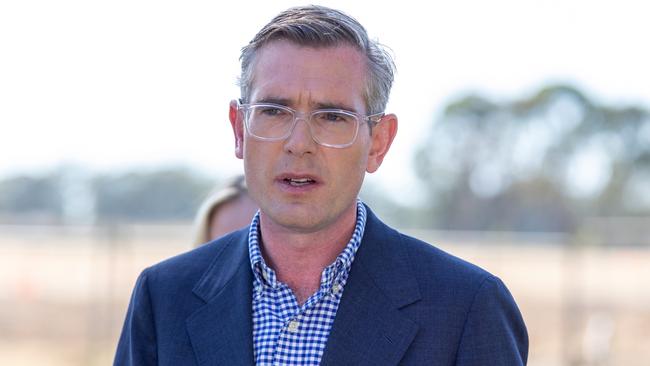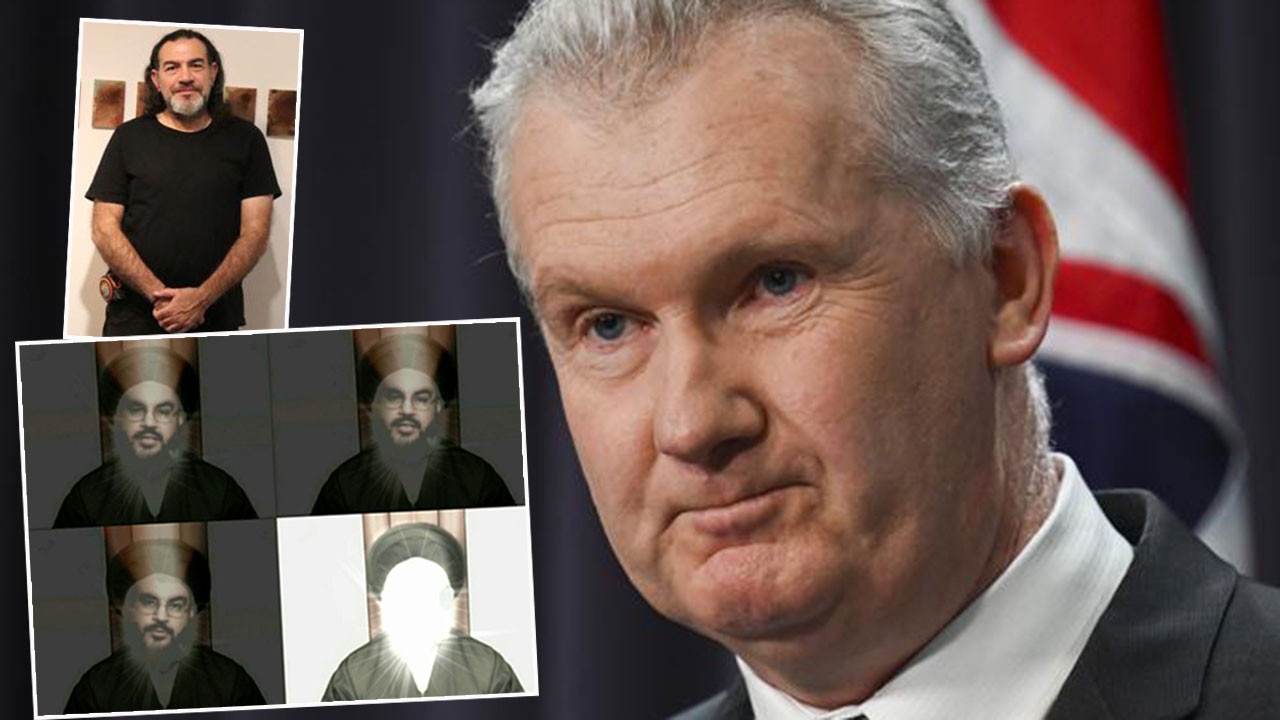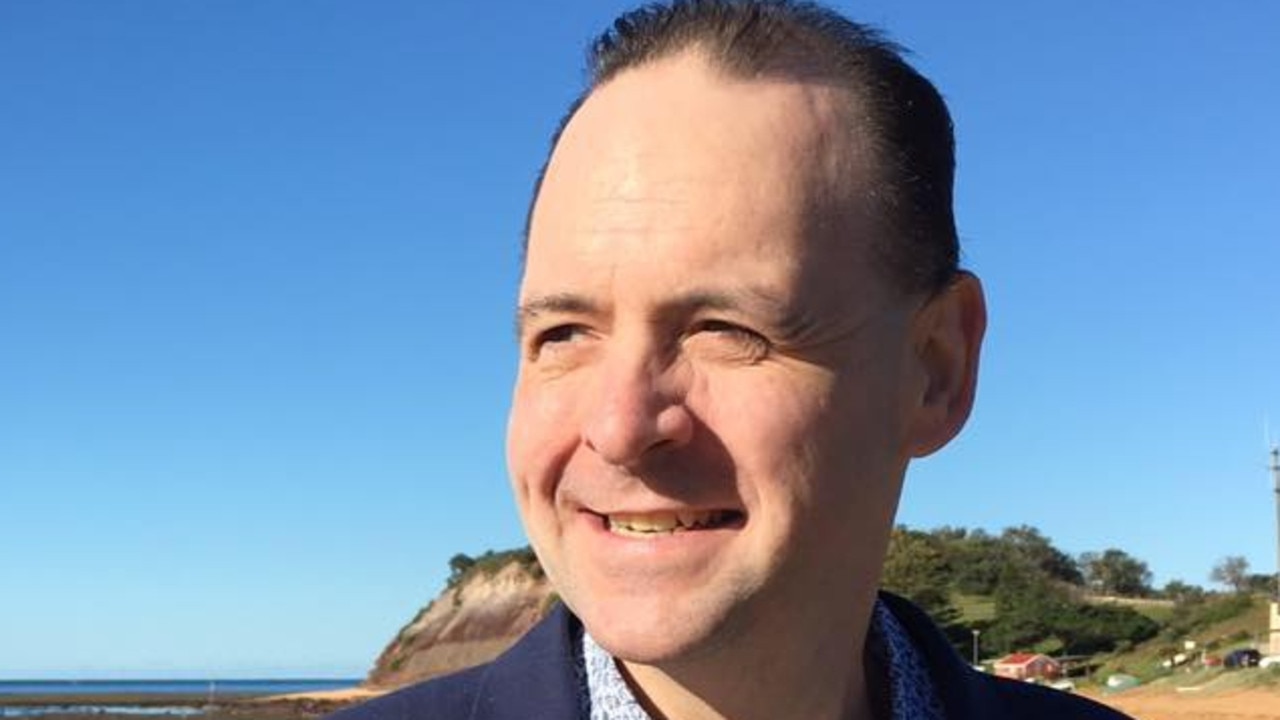Premier plans domestic violence justice overhaul if re-elected
Specialist courts with private entrances and dedicated magistrates could be rolled out to fast-track domestic violence cases and keep victims safe, the Premier has pledged— there’s just one catch.

State Election
Don't miss out on the headlines from State Election. Followed categories will be added to My News.
Specialist domestic violence courts with private entrances and their own magistrates would be established under a Dominic Perrottet plan to fast-track the prosecution of perpetrators while keeping victims safe.
Sentences for breaches of domestic violence-related offences such as Apprehended Violence Orders (AVOs) and stalking and harassment will also be reviewed, with a view to increasing penalties.
Domestic violence cases will be prioritised with a specialist “family violence list” to be established across three local courts to speed up hearings, with the Coalition also pledging to provide funding for additional magistrates.
With domestic violence-related assaults rising each year, the Coalition has pledged to step up efforts to tackle the scourge, with sweeping changes for the way the judicial system handles cases.
Declaring “zero tolerance” for domestic violence perpetrators, the Premier said the Coalition would hold offenders to account.

“We are cracking down on this abhorrent behaviour and sending a clear message to perpetrators that domestic violence will not be tolerated in our state,” Mr Perrottet said.
“This is about putting the safety of our people first, ensuring victim-survivors can get justice and that perpetrators are held to the highest account. As well as reviewing sentences, we are also taking the first steps towards establishing a stand-alone court for domestic violence cases and will be fast-tracking domestic violence cases to ensure no one falls through the cracks of our legal system.”
As part of the plan, the Coalition will undertake a feasibility study on establishing a specialist domestic violence court to deal exclusively with DV matters, as well as how many would be required and how they would operate.
It is understood this could include constructing new buildings or modifying existing ones to create private entry points, so that the experience of attending court would not add to victim trauma.

While the study is underway, domestic violence cases will be heard before dedicated magistrates.
At the same time, the Coalition – if re-elected – will instruct and resource the NSW Sentencing Council to conduct a full-scale review of all domestic violence-related sentences, including the “precursor” offences of breaching an AVO and stalking and harassment.
NSW Bureau of Crime Statistics and Research (BOCSAR) data shows domestic violence assault cases have risen in the five years to December 2021, with a 3.1 per cent increase in incidents recorded by police.
The number of breaches of Apprehended Domestic Violence Orders (ADVO) have also soared by 10 per cent over the same period, while incidents of domestic violence intimidation, stalking and harassment have risen by more than nine per cent.
The Queensland state government last year announced it would establish a specialist domestic and family violence court.
In NSW, both Labor and the Coalition have been responding to voter concerns about the domestic violence scourge, with both rolling out domestic violence policies for the March state election.
Prevention of Domestic and Sexual Violence Minister Natalie Ward said the proposed reforms would complement the new and upgraded safe rooms and remote witness rooms that had already been rolled out in metropolitan and regional courts.
“We know Covid-19 created a significant backlog in domestic violence cases being heard by local courts, with some victims waiting up to nine months to have their cases heard,” she said.
“This is why we will put additional resources into fast tracking domestic violence cases so victim survivors are not lost in the legal system.
“(We) will also explore the establishment of a specialist domestic violence court to simplify the judicial process and ensure that we do everything possible to limit the heavy emotional toll these cases can take on victims.”





